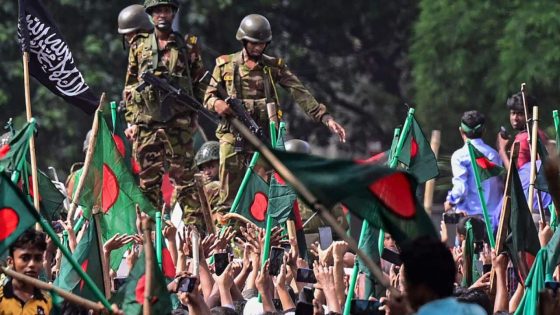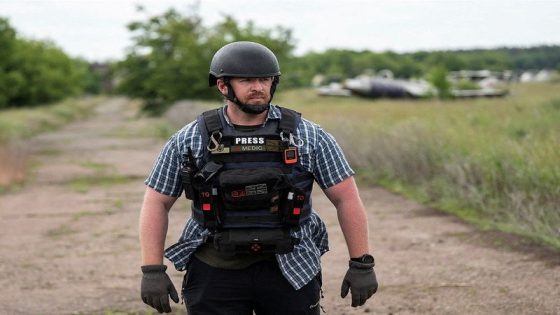Australians planning to travel anywhere in Bangladesh have been warned not to “due to the volatile security situation, civil unrest, and terrorism”.
The Department of Foreign Affairs and Trade issued the updated advice on its Smartraveller website on Wednesday.
The update says access to the Hazrat Shahjalal International Airport in the capital Dhaka may be restricted at short notice.
“Many deaths and injuries have been reported. Curfews have been imposed at short notice. There’s an increased military presence, with roadblocks and checkpoints,” the update says.
How did the civil unrest in Bangladesh start?
The violence in Bangladesh came following peaceful protests by the Students Against Discrimination group who were objecting to civil service job quotas.
Protests started at Dhaka University, with the student group saying the government should put an end to its quota system, in which 30 per cent of civil service posts were reserved for the relatives of war veterans who served during the country’s fight for independence in 1971.
The reserved roles, which many of the country’s elite hold, mean more job security and higher salaries. Protesters believed the system to be prejudicial, only favouring those who support Prime Minister Sheikh Hasina’s party.
Anger amongst the students was furthered by the country’s high unemployment rates, especially among young people. According to the World Bank, the youth unemployment rate (people aged 15 to 24) in Bangladesh last year was 15.7 per cent.
How did the government respond?
Protests escalated to violence on 15 July when the government cracked down on the student group.
Hasina ordered the closure of schools and universities on 16 July and an internet blackout on 18 July.
On 21 July, the Supreme Court ruled that the reintroduction of job quotas was illegal; however, unsatisfied protesters continued to demand a complete abolition of job reservations.
Weeks of civil unrest, violence and hundreds of deaths culminated in the resignation of Hasina on 5 August under pressure from the military, following 90 deaths on Sunday alone.
A shop on fire during protests in Dhaka, Bangladesh at the weekend. Source: AFP / Abu Sufian Jewel/via Getty Images
Hasina fled the country by helicopter to India. Her final destination has yet to be determined, with some sources suggesting Dubai.
Her exit put an end to her 15 years in power, which was characterised as oppressive by civil rights groups.
Human Rights Watch Asia deputy director Meenakshi Ganguly said: “A lot of people have lost their lives in this fight, which really began peacefully over quotas in government jobs, but escalated because of mishandling by the government, by the absolute arrogance of the political leadership, by excesses of the security forces into something which was so angry and demanded that the prime minister, step down, so they will be happy today.”
What is the latest on the civil unrest?
As an act of defiance, protesters torched and vandalised the prime ministerial palace and the Bangabandhu Memorial Museum of Sheikh Mujibur Rahman, the country’s founding father and Hasina’s father.
After Hasina’s exit, President Mohamed Shahabuddin dissolved the parliament, and Nobel laureate Mohamed Yunus was appointed interim prime minister.
Anti-government protesters celebrate after storming Bangladeshi Prime Minister Sheikh Hasina’s palace in Dhaka on Monday. Source: AFP / K M Asad/via Getty Images
Bangladesh’s Army chief, Waker-uz-Zaman, assured citizens that the military is working closely with President Shahabuddin to ensure a peaceful transition of power.
“Please keep faith and trust in the army. I take the responsibility and I promise to protect the lives and property of the people. Don’t lose faith in the army. God willing! We will fulfil your demands and bring peace and harmony back to the country. I request to you all to support the army and stop the violence, murders, hooliganism and the protest,” he said.
National elections will be held in three months, by which time the country’s situation is expected to normalise.



